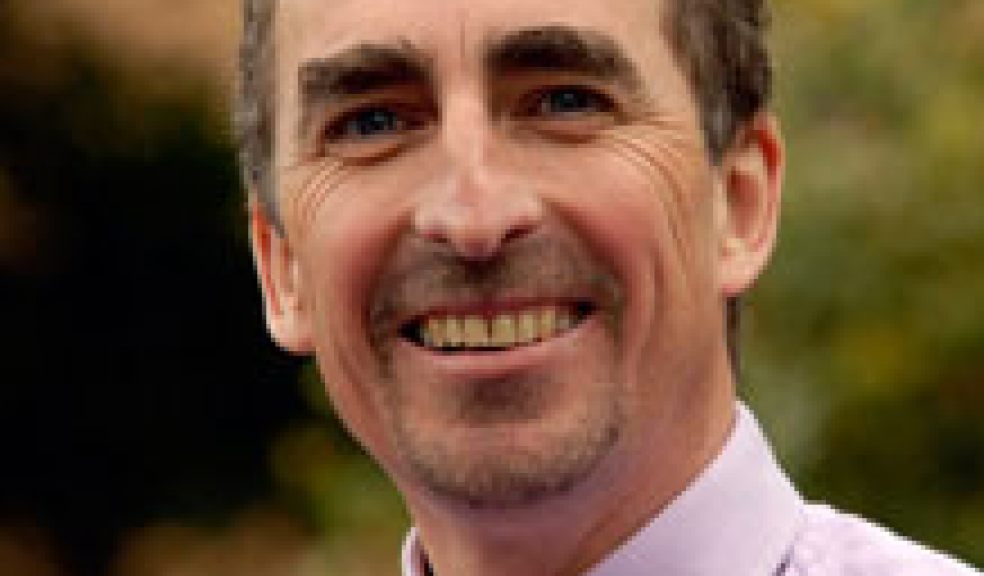
Scientist joins MP for week in Westminster
A top scientist is swapping labs for lobbies as he spends a week in Westminster.
Professor Craig Williams, from the University of Exeter, is shadowing Exeter MP Ben Bradshaw this week to learn about his work.
An expert in exercise management for young people with chronic diseases, Professor Williams will attend seminars and discussions to see how scientific evidence is used in policy making.
The visit is part of a pairing scheme organised by the Royal Society, the UK’s national academy of science, with support from Government Science and Engineering.
“This is an excellent opportunity to learn more about how scientists can engage with politicians and understand policy change,” said Professor Williams.
“In my area of exercise medicine, the challenge still remains to increase its use into both schools for health promotion and in hospitals for the clinical management of chronic diseases.
“Whilst there is good efficacy data for many exercise-related interventions, its effectiveness needs more large-scale trials.
“One important strategy we must take is to understand better the various health policies and systems, and bringing scientists and politicians together to collaborate is a first step.”
Professor Williams’ work has included research on congenital heart disease and cystic fibrosis and the use of exercise within the NHS as a management strategy for these diseases.
The visit is intended to give Mr Bradshaw the opportunity to investigate the science behind his decisions and improve access to scientific evidence.
Mr Bradshaw said: “I’ve always been a fan of evidence-based policy, so spending time with a local academic with expertise in areas so relevant to my work as a member of the Health Select Committee is a great opportunity.
“This scheme gives an invaluable insight for scientists into policy making and politicians insight into the invaluable work of our scientists.”
Mr Bradshaw will get hands-on experience of scientific research when he pays a return visit to the University of Exeter next year.
The Royal Society’s pairing scheme, which started in 2001, aims to build bridges between parliamentarians, civil servants and some of the best scientists in the UK.














